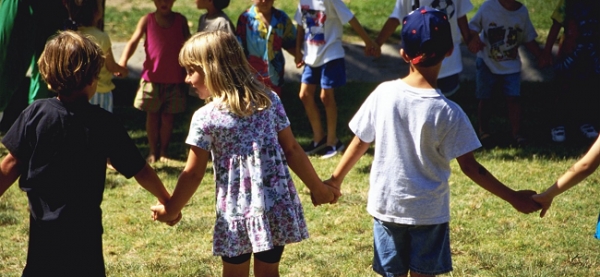Some children live with the greatest adversity compared to others; factors such as poverty, neglect, abuse, physical and mental disabilities. What may be deemed by some as minor factors, like low self-esteem, lack of self-confidence and anxiety for example, should not be ruled out. These can be huge inhibitors to learning and to succeeding and coping in the outside world.
Unfortunately teachers and schools are predominantly held accountable for pupil’s poor academic achievement. However, we can help to maximise opportunities in school which aid healthy development and help to prevent the risk of poor academic achievement. A school-focused approach that includes resilience-building helps to strengthen a young person’s resilience by maximising opportunities to develop social competence, positive relationships between pupils and teachers, supports and promotes academic and social performance, enables pupils to participate meaningfully in the school environment and one that creates partnerships with families and the wider community. Of course, in the ideal world this would be easy…
It has long been established that schools alone do not have the resources to tackle some of the obstacles to learning. Initiatives such as ‘Healthy Schools’, ‘Extended Services’ and latterly ‘The Big Society’ are intrinsic to the belief that parents, families and community members are critical contributors to academic achievement. This does not mean, however, those children will not face trauma, tragedies or adversity; rather more that they acquire the skills to help manage feelings of stress, anxiety and uncertainty. Helping to build resilience goes hand-in-hand with teaching emotional literacy. Bear in mind though that what works for one child may not work for another.
Resilience skills that encompass positive behaviours, thoughts and actions can be developed and learnt, and we can help our pupils achieve this. Cognitive competence, social and emotional competence and physical health are common factors of resilience.
In brief, www.developingresilience.com has adapted, and recommends, seven areas of development, commonly known as the 7 Cs:
Competence: Notice what students are doing right, provide opportunities to develop important skills and give support to aid recovery after a drawback.
Confidence: Give praise, recognise achievements and success, and encourage achievable goal setting. Help them to believe they can succeed.
Connection: Involving other caring people, teachers and members of the local community helps to develop security.
Character: Promote a sense of right and wrong and a commitment to integrity.
Contribution: Provide opportunities to contribute to the well-being of others. Encourage positive values and morals, respect and how experiences enables them to support others.
Coping: Develop positive healthy coping strategies such as emotional literacy, anger management and stress management. Promote healthy physical well-being. Create an environment where talking, listening and sharing is safe and productive.
Control: Develop a sense of control by encouraging students to make wise choices and help them to understand privileges and respect.
Although some 30 years old now, but still relevant, research undertaken by Rutter (1979) found that, “successful schools have certain characteristics; an academic emphasis, teachers clear expectations and regulations, a high level of student participation, and alternative resources such as extra-curricular activities including art, music and vocational work opportunities.” In addition this, research found that students who were given “a lot of responsibility participated actively in all sorts of things in school: They were treated as responsible people and they reacted accordingly.”
Children and young people are more likely to survive adverse pressures and become responsible adults with aspirations if they are inspired by caring adults with high expectations. They need adults that believe in them unconditionally. Caring peers and friends are also of paramount importance. For some children and young people a school-focused approach may have limitations of impact whereby a social work intervention may be more appropriate. Also consider involving a school counsellor (if you have one!), psychologist or other mental health professionals.
How do you encourage such qualities in your school? Let us know in the comments.


















